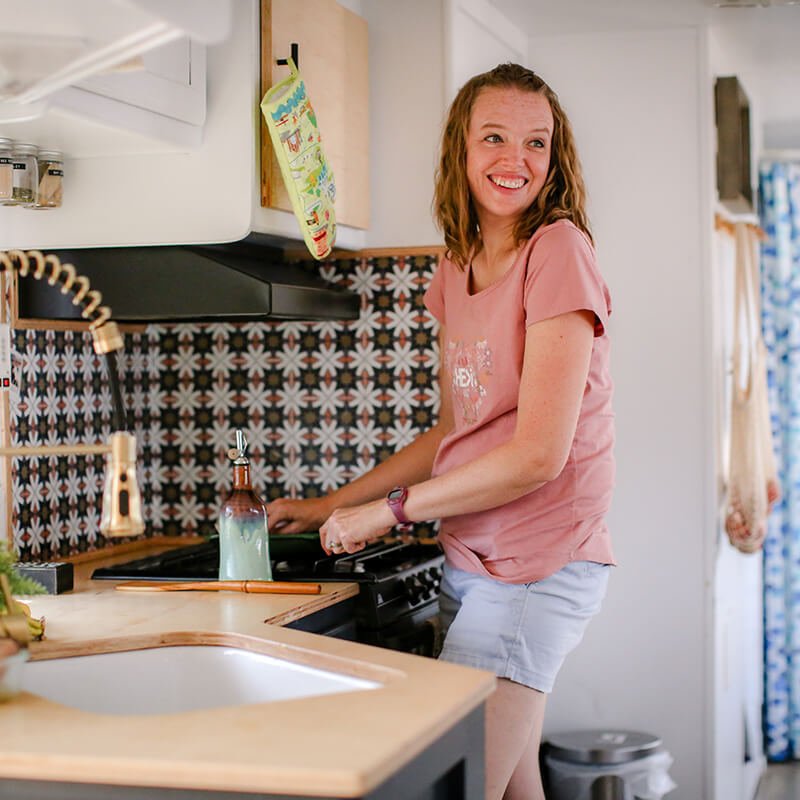
Caring too much?
You know how you can tell someone exactly where you were when you received some sort of catastrophic news? I’ll never forget the circumstances surrounding Nikki’s diagnosis- I was playing with the kids in the backyard (or lanai as we say in Hawaii) when my wife got a phone call, THE phone call.The results of her scans were coming and I assumed it was nothing, but when the phone call went on for a while, I knew something was wrong. What I didn’t realize at that moment, was that it wasn’t just Nikki that was diagnosed with cancer, in a sense, it was also our entire family. Although we weren’t all physically threatened, everyone in the household would be affected in ways that we didn’t anticipate. Getting a cancer diagnosis is a lot like dropping a massive rock into a pond, affecting those closest to the point of impact the most. What I discovered during this journey was that the immediate caregiver and family who are closest to the impact zone undergo unique challenges and stressors when a loved one is diagnosed. And, while the rightful focus is on the patient, it is important not to ignore the family’s needs as well.
After the diagnosis, Nikki became my priority and everything else became secondary. EVERYTHING. With noble intentions I resolved to do whatever it took to get her healthy. I would spend hours a day “researching” (lesson learned - google search engines don’t necessarily give you the most accurate / credible information when it comes to medical issues….please connect with me to receive some credible sites) her cancer, trying to understand it better and ensure that we were taking the best approach possible. I reached out to my friends and family that were knowledgeable in this realm to better understand the decisions that we would have to make. Of course, in true Mike Uyboco OCD fashion, I created a binder which would hold all the notes, FAQ’s, medical records etc. for this journey. As many can attest to, when someone you love is going through the biggest challenge in life, you drop everything.
The problem is that while it would be nice to drop everything, you can’t. Sure the superfluous stuff can go to the wayside, but bills still need paying, groceries need to be bought, the lawn needs to be mowed, and those dishes, yes, even the dishes eventually need to be cleaned. The logistical burdens of running a house, and raising a family don't go away, but the person who shared in the responsibility of completing them is no longer able to help. To better understand this concept, imagine that your workload is a backpack containing a bunch of rocks, each rock representing a task that needs to be accomplished. When your partner is battling cancer, their rocks have to go somewhere, and in my case I tried to stuff as many into my own bag. You never get a full appreciation of how much your spouse does until you are responsible for all of it.
I was fortunate enough to have strong support from friends and family, but even as they took some of those rocks from me, I was still carrying too much. And that’s when the proverbial camel’s back broke. I was “caring too much”. Although it’s impossible to give enough care to the patient, it is possible for family members to care too much. At least alone. Caregiver burnout is a very real thing. The problem is that I would feel guilty for wanting to take breaks, get away for a while, vent to others about how difficult my situation was- particularly when Nikki was going through her treatment. How could I complain when she was lying there on our bed with nausea and no hair? Thankfully, my wife recognized my burnout and intervened on my behalf. She called two friends and asked that they spend some time with me. Both of them immediately came to my side and through the simple act of being present they were able to grab several “rocks” out of my bag that I just didn’t need to be carrying. The very next day, I was a different person, a completely different person. Although nothing had changed in my circumstances or logistical responsibilities, I felt a heavy load removed from my shoulders. Sometimes sharing the emotional burdens are more important than the logistical ones.
I realize that the ‘main effort’ (to use a military term) in a cancer journey is always the person with cancer, and that should always be the case. But don’t overlook the others who are drastically affected by the disease, the ones closest to the impact zone. If you know someone who is an immediate caregiver or family member, take the time to acknowledge their situation. Ask them how they are doing, not just how their loved one is doing. Just by acknowledging their hardship can have a significant impact. And by the way, If you are that immediate caregiver or family member, consider the words from Bill Withers song ‘Lean on Me’ which states “If there is a load you have to bear that you can’t carry, I’m right up the road, I’ll share your load if you just call me.” Allow people to grab some “rocks” for you, it’s the only way to prevent you from caring too much.
Post written by Michael Uyboco

Welcome to Teamotherapy!
Welcome to Teamotherapy we are so glad you found us. You are most likely here because someone you know or love has cancer. We are so sorry for their diagnosis. We’ve been there.

